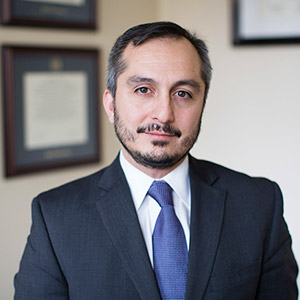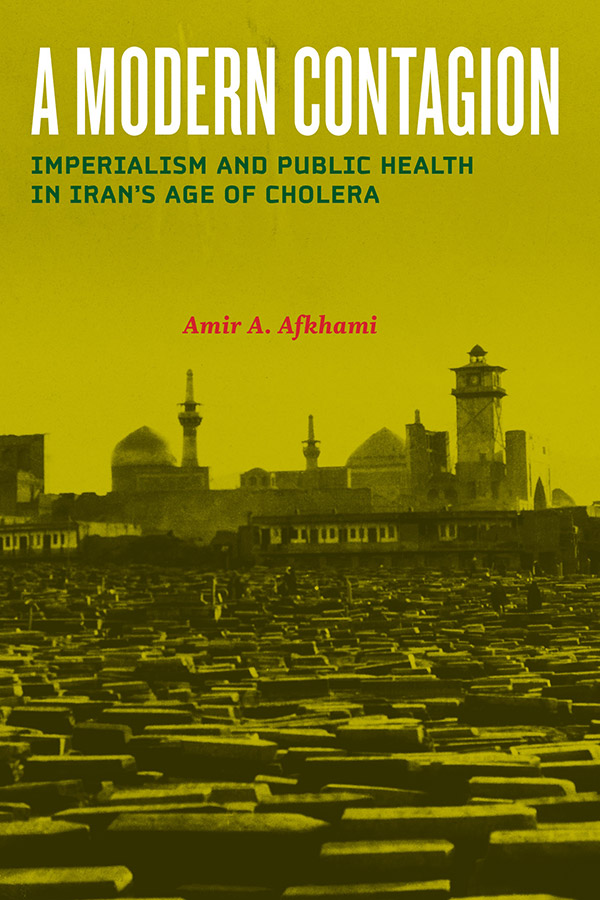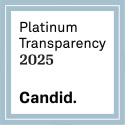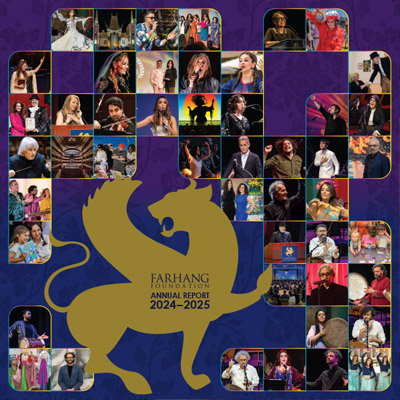Pandemics In Late Modern Iran

Free Event

The Iranian Studies Initiative at UCSB and Farhang Foundation present
Pandemics In Late Modern Iran
Sociopolitical Continuities From Cholera to COVID-19
a free live lecture event by Dr. Amir A. Afkhami
"Iran in the Qajar era experienced devastating outbreaks of cholera, bubonic plague, and influenza, which had significant social and economic impacts. Cholera, brought by trade routes and the movement of pilgrims, led to almost regular outbreaks in Iran throughout the nineteenth century. The bubonic plague pandemics of the late nineteenth and early twentieth centuries struck Iran multiple times, decimating populations and straining the already fragile healthcare system. And similarly, deadly influenza pandemics of the late nineteenth and early twentieth century had a profound impact on the country’s demography. This talk will also examine the biosocial complexities that triggered the recurrence of pandemics in Iran during the Qajar period and the social, economic, political, and ideological transformation that resulted from these visitations. The talk will also show how unique symptomatic and pathological attributes of each pathogen had their own unique role in ushering changes in the administrative and intellectual paradigms of public health ranging from the integration of disease prevention into the country’s governance to the emergence of the germ theory of disease and other changes in the professional and scientific ideologies of health, and the transformation of disease and scientific paradigms.
Finally, the talk will show the role of each pandemic in Iran’s integration into the international order and its intellectual exchanges with the West helped introduce novel approaches to disease prevention, the ebbs and flows of its evolving notions of public health were critically influenced by the forces of tradition, modernity, and nationalism within the country itself. Iran’s encounter with these pandemics throughout the Qajar period effectively unmasked the forces, both domestic and foreign, that eventually shaped the country’s modern culture of public health, professional and scientific ideologies of health, and disease. Additionally, it will analyze how the historical outcomes of Iran's encounters with pastp andemics have shaped societal transformations, offering insights into the potential socio-political impacts of COVID-19 on Iran in the coming decades.”
- Dr. Amir A. Afkhami
About Amir A. Afkhami

Amir A. Afkhami, MD, Ph.D. currently serves as the Vice Chair for Clinical Affairs and the Director of Medical Student Education of the GW Department of Psychiatry and Behavioral Health. He is internationally recognized for his work in medical education, public health policy, and the history of medicine.
Dr. Afkhami is the author of the award-winning book: A Modern Contagion: Imperialism and Public Health in Iran's Age of Cholera (Johns Hopkins University Press, 2019). He has also served on the legislative staff of US Sen. Debbie Stabenow (D-MI), where he helped with the development and passage of the landmark 2014 legislation that established enhanced funding and service criteria for Certified Community Behavioral Health Clinics (CCBHC), recognized as one of the largest and most successful government-funded behavioral health programs in U.S. history.
Internationally, Dr. Afkhami planned and led the U.S. State Department's Iraq Mental Health Initiative (IMHI) and the psychosocial components of the Afghanistan Civilian Assistance Program (ACAP-II) which have since been adopted as model interventions to mitigate the mental health consequences of conflict and mass violence against civilians. Dr. Afkhami is a Distinguished Fellow of the American Psychiatric Association (APA) and has received numerous honors from his peers, professional societies, and governments including the APA’s Roeske Award for Excellence in Medical Education and the ‘Psychiatrist of the Year’ award from the Washington Psychiatric Society.
The subjects, views, and opinions expressed in the Farhang Foundation Lecture Series are solely those of the speakers and do not necessarily reflect the views or positions of Farhang Foundation.
Help support Farhang Foundation’s free programming!
Event Details
| Event Starts | 04/05/2025 – 11:00 am |
| Event Ends | 04/05/2025 – 12:00 pm |
| Individual Price | Register for Free |
| Location | Online |








